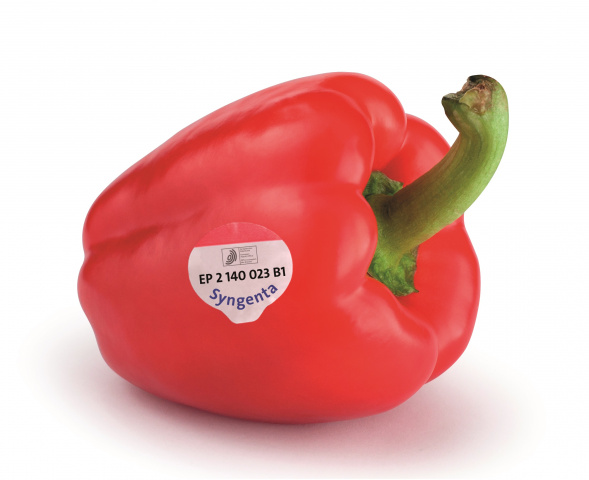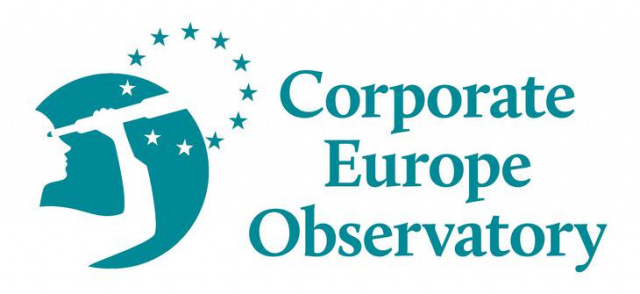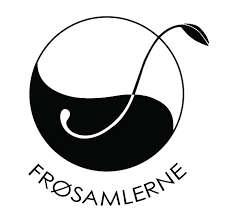17 February 2023 / The European Patent Office (EPO) yesterday rejected an opposition filed against a patent held by Syngenta (ChemChina) claiming conventionally-bred sweet and hot peppers (EP2140023). Syngenta obtained the patent in 2013 to cover the genetic trait of a plant native to Jamaica that confers natural resistance to plant pests (whitefly).
 A broad alliance of organizations from a total of 27 countries filed the opposition against the patent as, according to the wording of European patent laws, patents may not be granted on conventionally-bred plants. However, the EPO rejected the opposition.
A broad alliance of organizations from a total of 27 countries filed the opposition against the patent as, according to the wording of European patent laws, patents may not be granted on conventionally-bred plants. However, the EPO rejected the opposition.
"After years of legal uncertainty, plant breeding will continue to be hampered by this patent which never should have been granted in the first place,” criticizes Christoph Then from No patents on seeds!: "This case shows once again how important it is for political decision-makers to intervene. It is not simply about a single patent on pepper. At least four other European patents were granted on conventionally-bred plants in December 2022 alone. These patents claim species of barley, melons, tomatoes and even dandelions. Politicians must act now to stop this sell-out of our livelihoods!"
Although patents on conventional breeding are prohibited in Europe, companies such as the agrochemical company, Syngenta, or the beer company, Carlsberg, resort to a simple trick: they claim all usages of randomly evolving gene variants for further breeding as well as all plants derived thereof. Also, the recently granted Carlsberg patent on barley (EP1727905), claims all plants that inherit a randomly occurring genetic variant (random mutagenesis). The patent covers the plants, the grains and the malt, plus all feed, food and processes for making beverages that can be produced from the barley.
In practice, such patents block access to the biodiversity needed by all breeders to breed new varieties. That is why the German Plant Breeders’ Association (BDP) also warned against such patents in its recent position paper. The umbrella organization is calling for a ban on the patenting of genetic predispositions that can occur naturally.
The solution can only come from politicians: the Administrative Council of the EPO, in which the representatives of its contracting states sit, can correct and specify the interpretation of the patent laws. In Germany, this is the responsibility of the Federal Minister of Justice, Buschmann (FDP). He has, however, not so far taken any recognizable initiatives.
Contact
- Carla Hoinkes, Public Eye, +41 44 277 79 04, carla.hoinkes@publiceye.ch
- François Meienberg, Pro Specie Rara, +41 61 545 99 19, francois.meienberg@prospecierara.ch
- Simon Degelo, Swissaid, +41 76 824 00 46, s.degelo@swissaid.ch
- Christoph Then, spokesperson, No Patents on Seeds!, info@no-patents-on-seeds.org, +49 151 54638040
- Johanna Eckhardt, project coordination, No Patents on Seeds!,johanna.eckhardt@no-patents-on-seeds.org, + 43 680 2126 343
Further information
https://www.publiceye.ch/de/themen/saatgut/keine-patente-auf-saatgut/free-pepper
https://www.no-patents-on-seeds.org/en/patent-cases/pepper
Recent report about patents on seeds: https://www.no-patents-on-seeds.org/en/report2022
The position of the German Plant Breeders’ Association:
https://www.bdp-online.de/de/Branche/Patentschutz/BDP_Position_Patentschutz.pdf
---
You can share our posts about this press release on Facebook and Twitter or share the link to our homepage of this press release: https://www.no-patents-on-seeds.org/en/news/pepper-result















